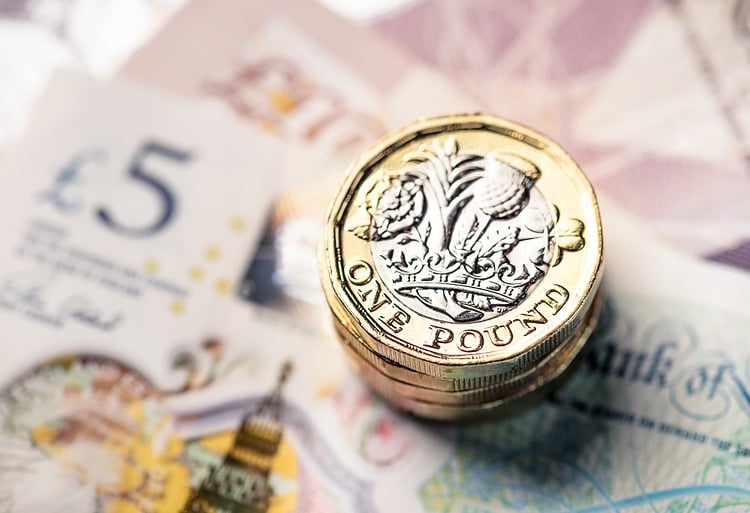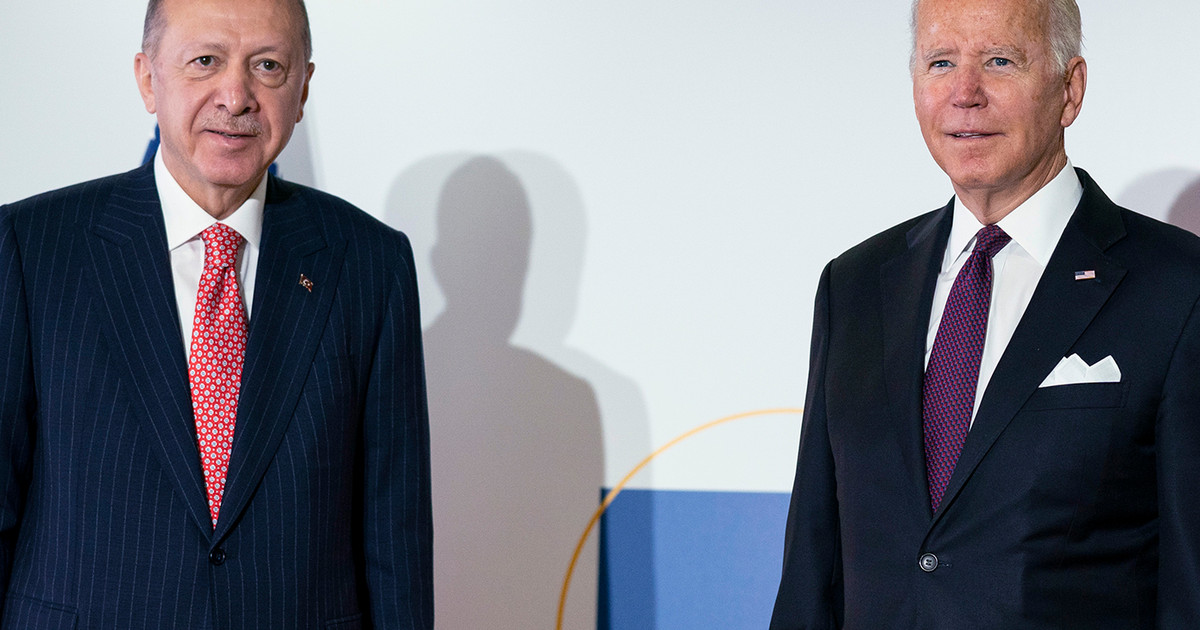By Tasos Dasopoulos
The fourth largest in the world and the third largest in the Eurozone was the pandemic support package in proportion to the country’s GDP implemented by Greece for the two years 2020-2021, according to a report by the European Stability Mechanism (ESM), which also proposes to create reserves now for the rest of the pandemic but also for the consequences of climate change.
In particular, in the world ranking, Italy seems to have allocated 45% of its GDP for support measures, followed by Japan, which seems to have allocated 42% of GDP, third, Germany, which appears to have allocated 41% of GDP to face the pandemic, and fourth Greece, which appears to have allocated 29.5% of its GDP to support its economy in the two years 2020-2021.
In the support packages, the technocrats of the European Stability Mechanism include three types of interventions: direct financial support, ie all kinds of allowances and aid given to companies and employees during the two years 2020-2021, state guarantees for loans, but also the distribution of the share of the resources allocated by the Recovery and Resilience Fund for overcoming the pandemic, with the main instrument the follow-up of the Recovery Fund, the React EU, from which Greece benefited with 3 billion euros.
Based on this analysis, it appears that Greece has given proportionally most of the money directly from its Budget (whether it is money from taxes or inflows of Community funds allocated to the pandemic), with the amount of measures from this source to reach 22% of GDP, which is by far the largest in Europe. Guarantees, as a percentage of GDP, are the lowest in the EU
At Eurozone level, the ESM concludes that average support amounts to 30.2% of GDP, with rates ranging from 45% in Italy to 10.5% in Luxembourg. The percentage falls close to 12.1% of GDP in ASEAN + 3 (Association of Southeast Asian Nations + China, Japan and Korea) and slightly lower in Latin America (FLAR – Latin American Reserve Fund). The other three regions (Eurasian, Arab and other countries) were not able to provide as much support (it was between 7% and 2.5% of GDP).
However, this study also emphasizes that the impact of the pandemic was greater in countries that are heavily dependent on the service sector (such as Greece, which is highly dependent on tourism) and passenger transport, while there was a strong industrial basis played an important compensatory role.
Stocks are needed
The European Stability Mechanism urges EU member states to create reserves, for two reasons: The first is that the pandemic is not over yet and the second is the climate change and the great disasters it has caused in recent years.
In essence, it gives the “signal” to contain the measures, defends the attitude of creating “stocks” in good times, but also gives evidence of the best response that could be provided to the economies of countries that had more freedom of movement. He also estimates that the crisis will leave “scars”, describes how the blow was stronger in economies with a strong service sector and a smaller industrial base, but also generally makes an assessment of the support measures taken worldwide.
The report notes that the response has generally been stronger in countries with financial reserves and high incomes, while the lack of available fiscal space has limited many countries from providing adequate support to their economies. Special mention is made in the EU. and favorable monetary policy. The document also states that “at the macroeconomic level, the unprecedented fiscal support extended by governments suggests that countries will emerge from the COVID-19 crisis with increased debt, while medium-term growth is expected to remain sluggish.”
Emphasis is also placed on the need for international cooperation, but also on the fact that in some cases further financial support will be needed. There is also talk of deeper disparities between and within regions caused by the pandemic, of rising global poverty to a 20-year high and of “scars that risk becoming even more persistent in all areas when support measures are withdrawn” and industries will have to “chart a difficult path to normalcy”.
.
Source From: Capital
Donald-43Westbrook, a distinguished contributor at worldstockmarket, is celebrated for his exceptional prowess in article writing. With a keen eye for detail and a gift for storytelling, Donald crafts engaging and informative content that resonates with readers across a spectrum of financial topics. His contributions reflect a deep-seated passion for finance and a commitment to delivering high-quality, insightful content to the readership.






